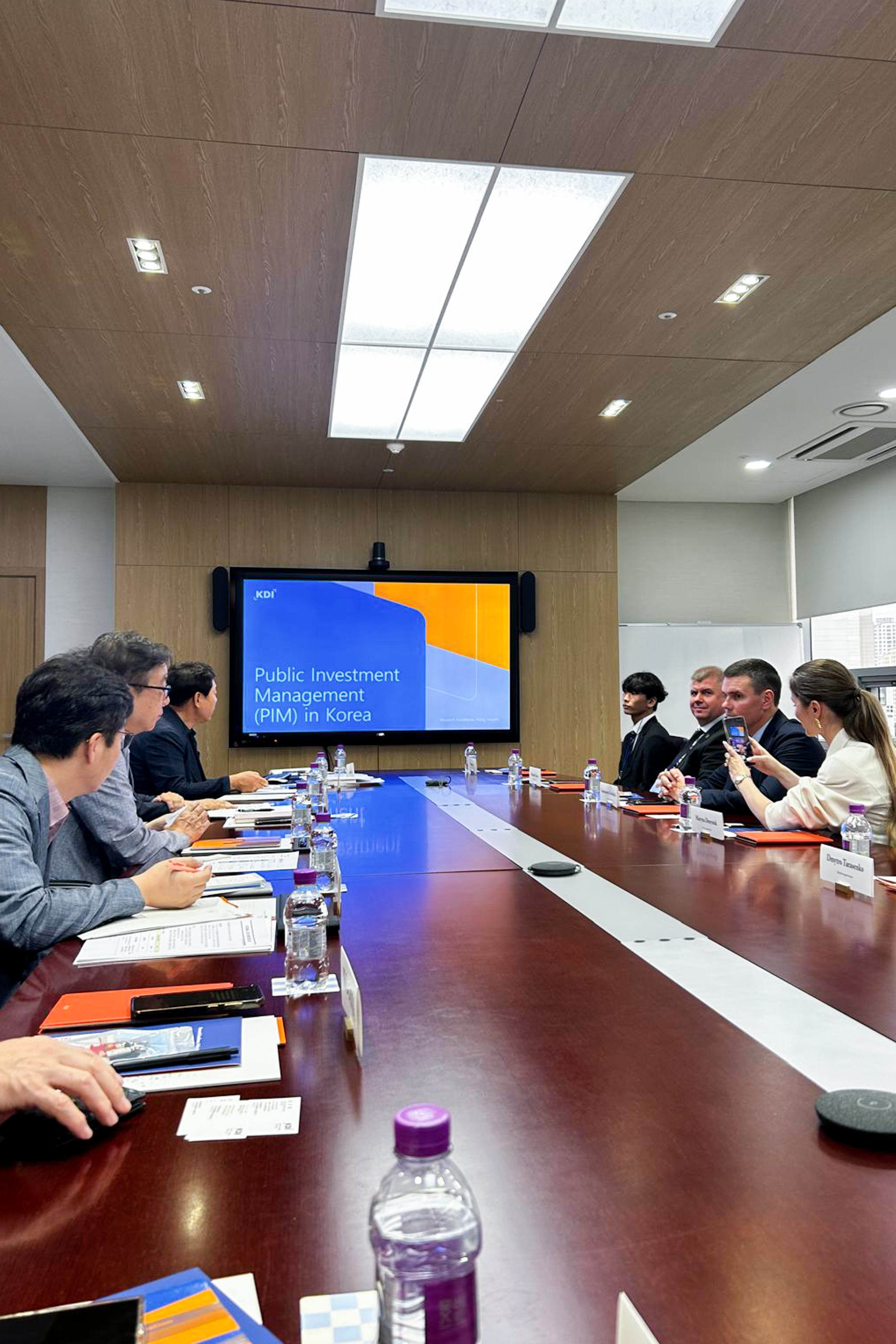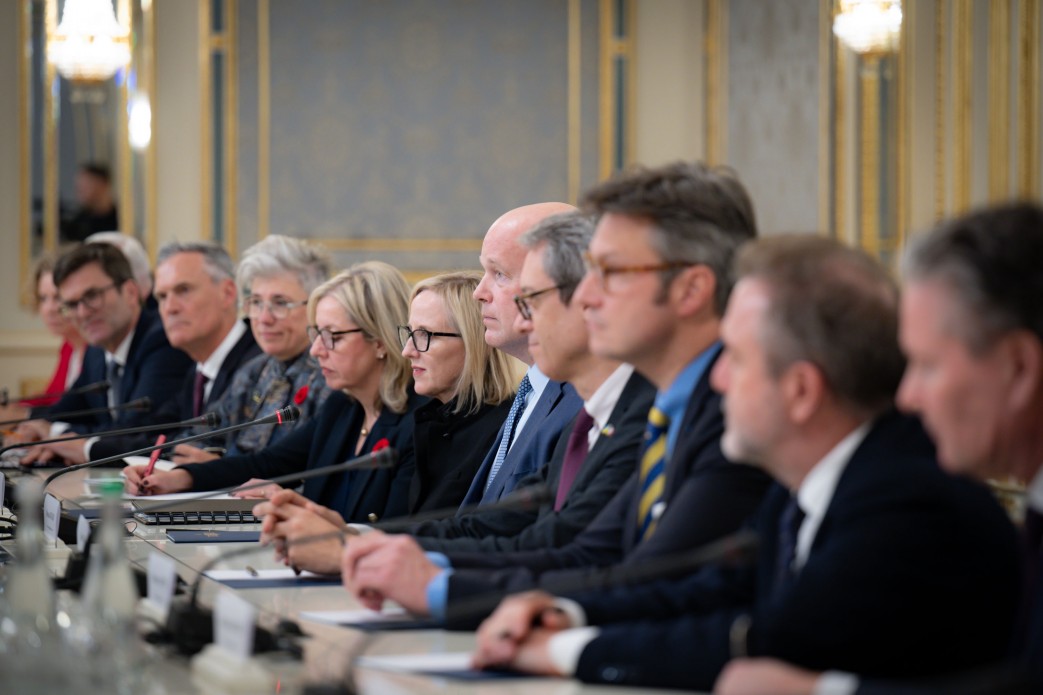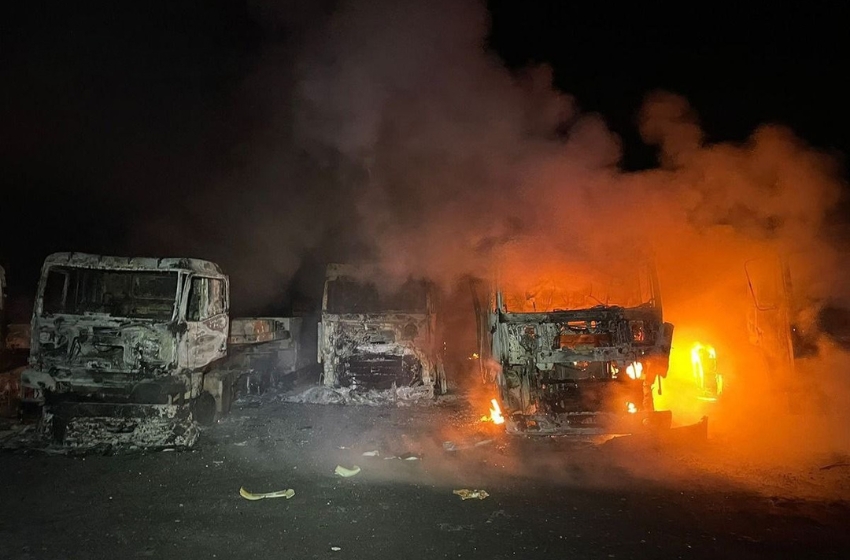In South Korea, Deputy Ministers Kostyantyn Kovalchuk, Maryna Denysiuk, and Head of the Reconstruction Agency Serhiy Sukhomlyn, as part of the Ukrainian delegation, held a series of meetings with representatives of Korean government institutions and agencies responsible for developing and implementing public investment projects. The public investment management system in South Korea differs from Ukraine’s: only the relevant ministries initiate projects. For the development of development strategies and project documentation, they involve analytical centers such as the Korea Development Institute (KDI) and the Korea Transport Institute (KOTI).
“We are carefully studying Korea’s experience, especially in developing and analyzing feasibility studies for major infrastructure projects. KDI and PIMAC are world leaders in the development and application of analytical tools for making informed investment decisions,” emphasized Maryna Denysiuk.
The Ministry of Development has initiated the creation of joint training programs with KDI and KOTI for Ukrainian specialists. The goal is to improve skills in developing and independently assessing feasibility studies and using analytical tools, enabling effective implementation of investment projects in Ukraine.
After project documentation is prepared by the relevant Institute and the PPP Agency, projects are evaluated by the independent Public and Private Investment Management Center (PIMAC), which ensures their efficiency and transparency. The Korean public investment management system is one of the most effective in the world, and its project development and implementation experience is valuable for Ukraine.
The Ukrainian delegation also met with Kim Bok-hwan, President of the Korea Infrastructure and Urban Development Corporation (KIND), to discuss Korea’s infrastructure development strategy, including using public-private partnerships to attract investments for Ukraine’s reconstruction and organizing training programs for Ukrainian specialists.

Kostyantyn Kovalchuk, in a separate meeting with representatives of the Korea Water Resources Corporation (K-water), discussed potential areas of cooperation in water supply and wastewater management. Thanks to innovative technologies and extensive experience, K-water is a global leader in Smart Water Cities and digital water management.
“We are ready to deepen cooperation with Korean partners in water supply and wastewater management, as projects such as the modernization of Truskavets’ water systems are critical for improving quality of life. Of particular interest are K-water’s modular treatment plants, which, due to their compactness and adaptability, could be an effective solution for restoring communities affected by the war,” Kovalchuk said.
During their visit to South Korea, the Ukrainian delegation also studied Korean experience in construction machinery production, as well as engineering, technological, and educational solutions necessary for the country’s reconstruction. Kovalchuk and Denysiuk visited Korean factories and manufacturing facilities on an educational tour.
At the end of the working visit, a separate meeting was held with the First Deputy Minister of Trade, Industry, and Energy of South Korea, Moon Shin-hak, to discuss partnership development and strengthening cooperation in reconstruction, including the use of heavy construction machinery, energy equipment, energy facility protection, and equipment for transport infrastructure development.
Maryna Denysiuk initiated a separate meeting between the state postal operators of South Korea and Ukraine to discuss updating the agreement on Express Mail Service and direct access to e-commerce platforms.
The Ukrainian delegation invited KDI and KOTI representatives to visit Ukraine for a working visit to discuss the implementation of current projects and preparation for future initiatives.
KDI is a leading analytical center that assists the Korean government in developing investment projects. KOTI is an agency under the Ministry of Land, Infrastructure, and Transport (MOLIT), responsible for transport policy and infrastructure development, including through its own Public-Private Partnership (PPP) Agency.





















